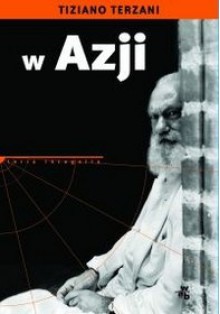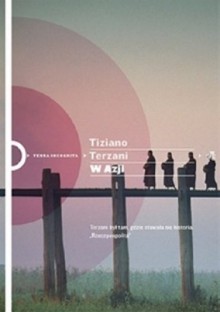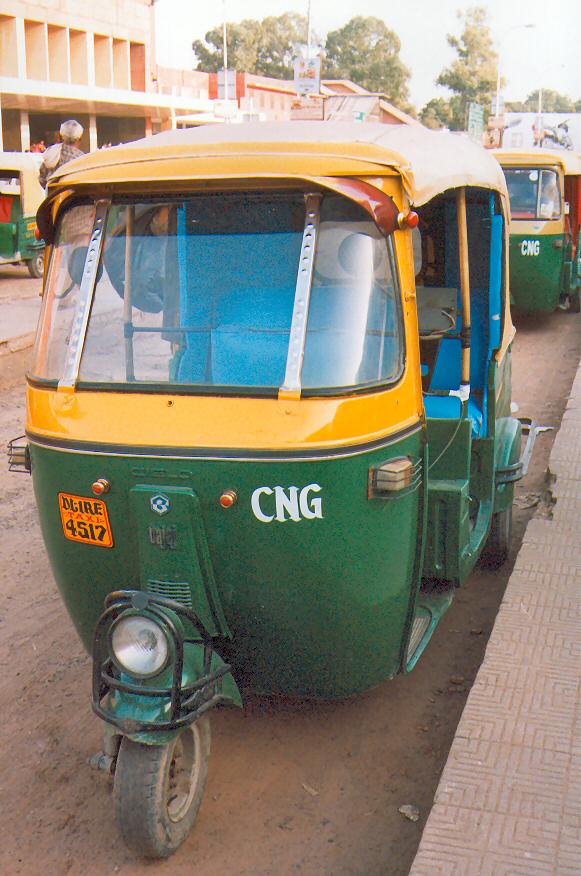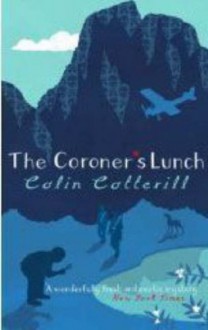
This is an interesting memoir by a Hmong-American writer, about the experiences of a community that is opaque to many Americans. The Hmong are an ethnic minority who moved from China to Laos centuries ago; the Chinese outlawing their written language is apparently the reason they lack one even today. Many Hmong assisted the Americans in the Vietnam War, in which about a third of their population died; another third was killed in the persecution after the American army’s departure. The author’s parents and extended family, like many others, fled into the jungles of Laos and later to a refugee camp in Thailand, where they lived for several years before relocating to Minnesota.
Though a memoir, this book is more about the author’s family than about Kao Kalia Yang herself. It begins by detailing her family’s travails in Laos and Thailand before her birth in the refugee camp, and the bulk of the book focuses on the camp and the family’s immigration to America when she was seven. It goes on to describe the difficulties of their adjustment, for her (being too shy to speak English in school even once she learned it), but mostly for the family: part of the extended family winds up in another state; money is tight, and her parents are forced to take exhausting night shifts at a factory to support the family, while Yang and her older sister are responsible for caring for their younger siblings and sometimes serving as interpreters for their parents. There is little sense of the author’s life after elementary school, though; while she is a student at Carlton College by the end (and later went on to Columbia University), the later chapters focus exclusively on the last years of her grandmother’s life and the grandmother’s death and elaborate funeral. I would have liked to see more of the author’s life and how she has related to Americans and American culture – her educational choices indicate that she has her own stories to tell – but the focus of the book does make clear how extremely family-oriented both she and her community are.
It is an incredible story, and especially given that the Yangs’ experiences were evidently common among the Hmong after the Vietnam War, it’s an important one to tell for the sake of awareness. The writing is fairly good, though it doesn’t always flow in the clearest way. Here’s a sample:
“My mother and father told us not to look at the Americans. If we saw them, they would see us. For the first year and a half, we wanted to be invisible. Everywhere we went beyond the McDonough Housing Project, we were looked at, and we felt exposed. We were dealing with a widespread realization that all Hmong people must do one of two things to survive in America: grow up or grow old. In the case of the noticeably young, the decision was made for us. For those who were older, the case was also easy to figure. Those marred by the war, impaired by the years of fighting, social security and disability were options. [sic] For my mother and father, already adults who had waited on life long before it was their time, the government stepped in and told them: the welfare clock was ticking. She was twenty-five. He was twenty-eight. They knew they wanted a chance to work, but they did not know how to keep that chance safe, so on the streets, before the slanted brows of mostly white men, they held us close for security.”
The gist of the passage makes sense: the family feels insecure, they don’t want to attract attention, and the parents are under pressure to find work. But the notion that there is pressure on “all Hmong people” to “grow up or grow old,” and how this is meant to apply to the author’s parents, is unclear to me even after taking the time to re-read it carefully. And perhaps because of the author’s cultural and linguistic background, she has a distinct way of expressing ideas that may not make a lot of sense to American readers if read quickly or with less than full attention.
Overall then, I found this memoir worthwhile, mostly for the opportunity to learn more about a community that was unfamiliar to me. However, it’s not the first one I would recommend for literary reading.

 Log in with Facebook
Log in with Facebook 










